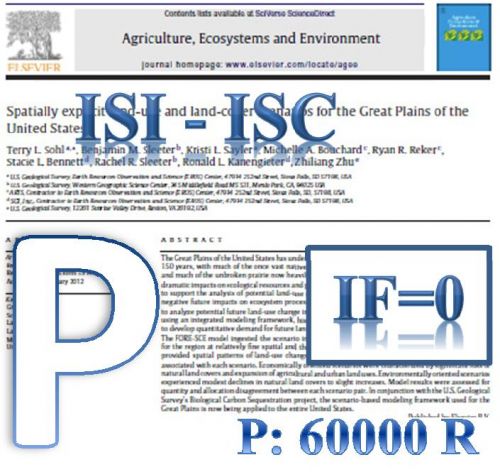It is generally believed that self-efficacy as a psychological construct contributes to learning process and academic performance. The present study attempted to investigate the possible differences among self-efficacy sources as predictors of EFL learners’ academic achievement in educational settings. To this end, a questionnaire of EFL self-efficacy sources together with Nelson English Proficiency Test were administered among 219 senior EFL learners. The collected data were analyzed using multiple regression analysis. The results indicated that of the four sources of self-efficacy, only enactive mastery experience accounted for a statistically significant portion of the variance with course performance and, therefore, was a positive predictor of students’ course performance. The results of the present study imply that when learners continue to develop self-efficacy, they will have better English performance scores. It is also concluded that what an educational system needs to consider, in addition to general teaching and learning process, is focusing on personality features of learners. The findings of this study can, therefore, provide implications for researchers, teachers, materials developers, and syllabus designers.
کلید واژگان :Self-efficacy sources, Course performance, Language learning
ارزش ریالی : 600000 ریال
با پرداخت الکترونیک
